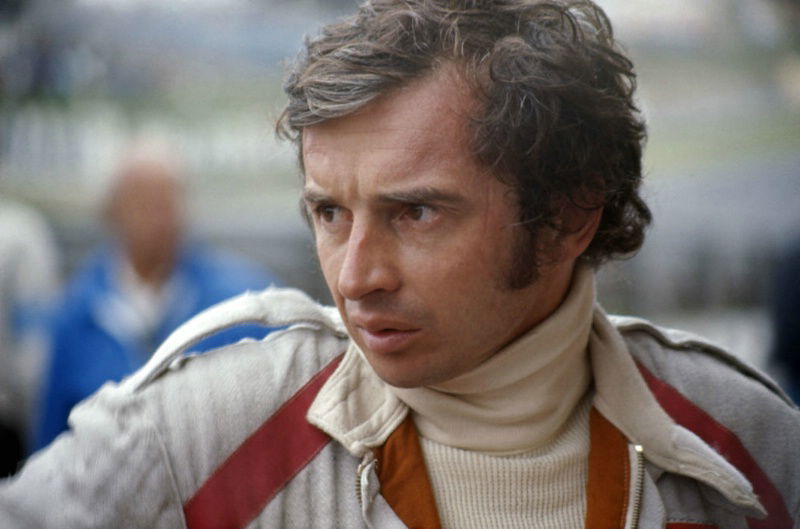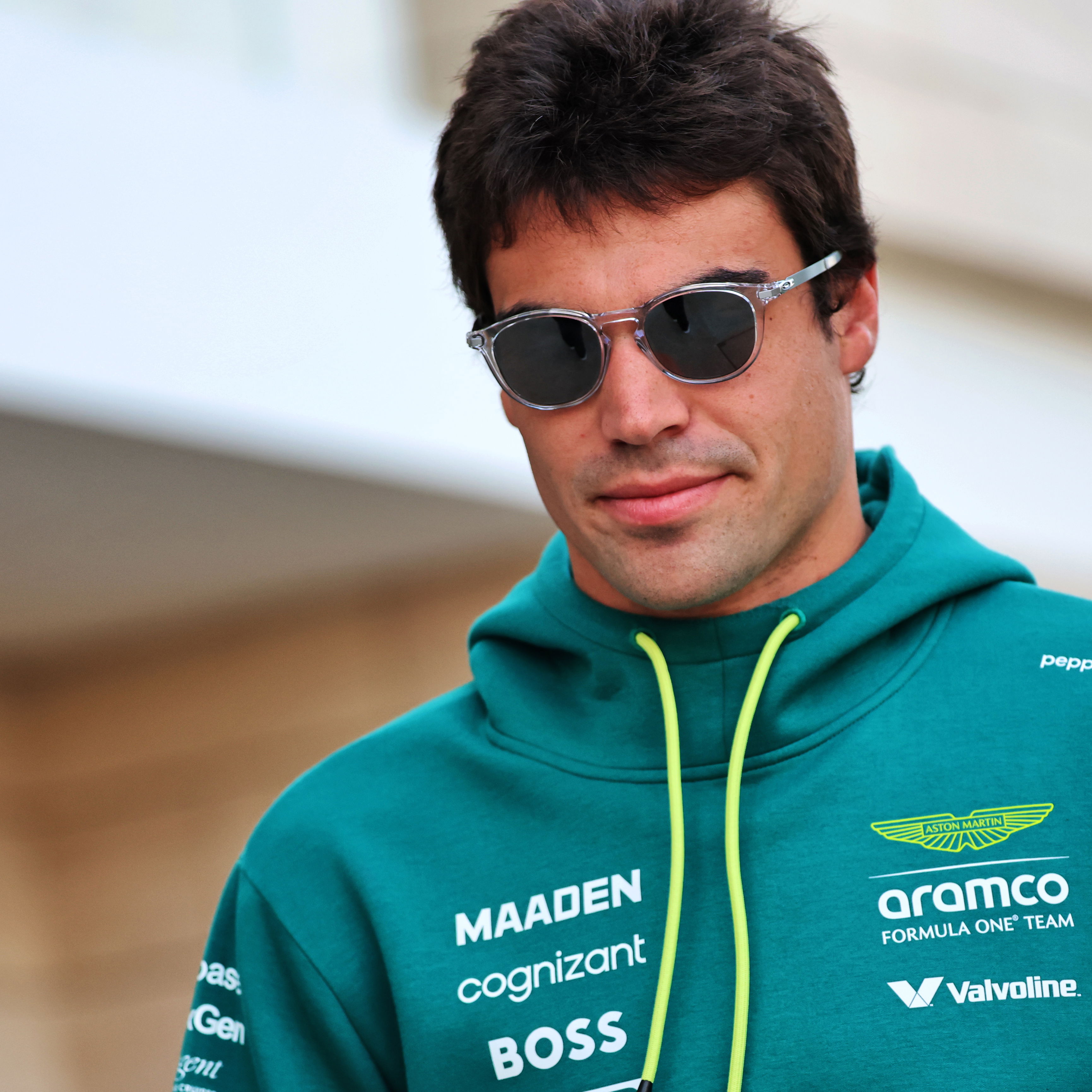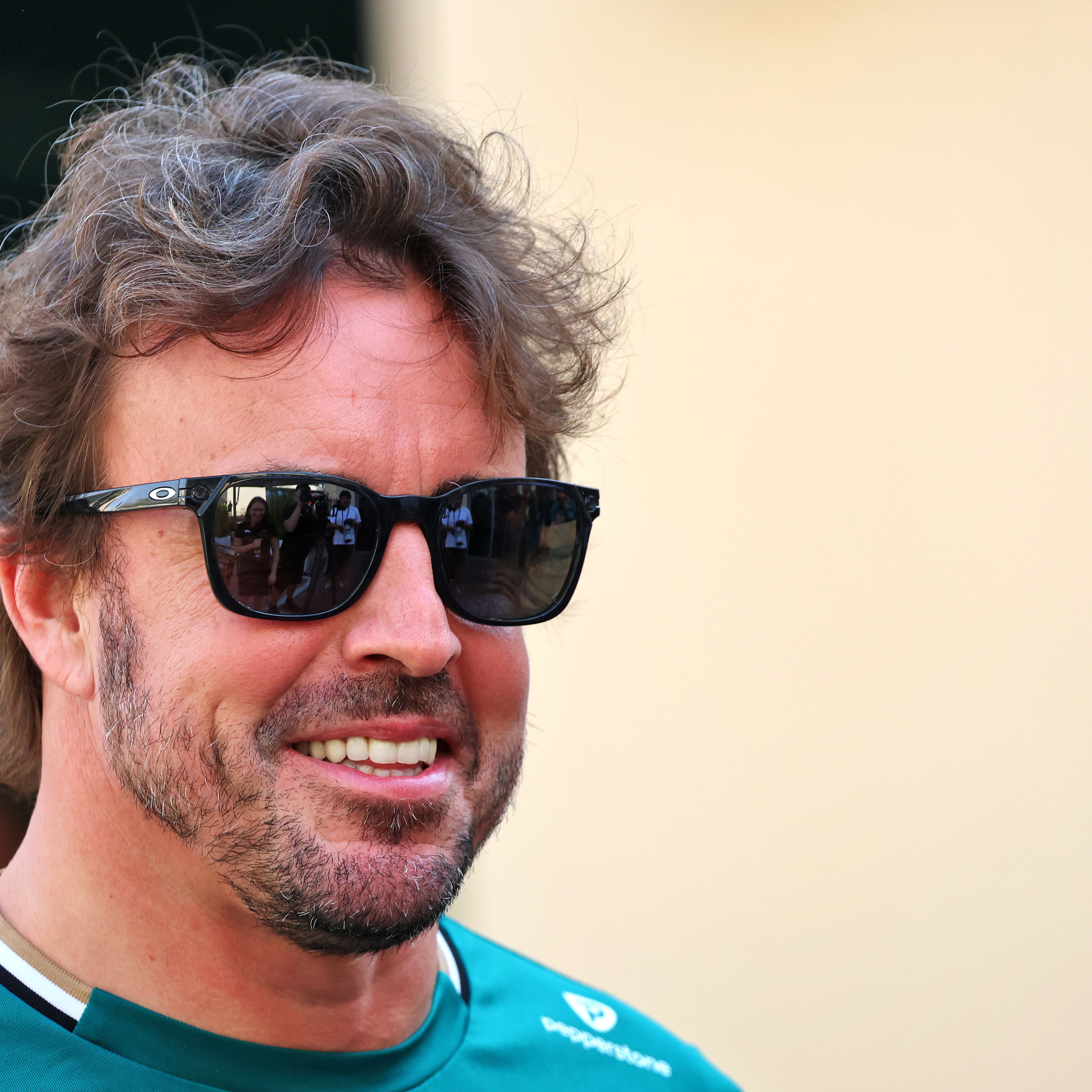Five F1 champions who wouldn't have made their debuts

The FIA has announced a new points system for obtaining a super licence to ensure drivers entering F1 have a certain amount of experience behind them as well as good results.
The move comes with Max Verstappen set to race for Toro Rosso at the age of 17 with just one year of F3 under his belt, but it would also have prevented a number of other drivers from making their F1 debuts in the past. While it is hard to draw comparisons against categories in the past, here are five of the biggest names who hypothetically would not have been able to race if the system was in place when they started their F1 careers.
At least two years of driving in certain categories is required, as well as a minimum of 40 points.
Kimi Raikkonen
Kimi Raikkonen's rise to F1 is a well-known one, but it's the story of how little car racing he had done by the time Sauber took a punt on him that makes him stand out as an obvious driver to fall foul of the points regulation.
As a 20-year old from Finland, Raikkonen had started just 23 races across a combination of Formula Ford and Formula Renault - winning the Formula Renault 2000 championship - when he was handed a test with Sauber. After impressing the team throughout the winter of 2000, Raikkonen landed a race seat for 2001 after being granted a super licence by the FIA. Moving to McLaren in 2002, Raikkonen became a regular race winner before taking the drivers' championship for Ferrari in 2007.
However, even if the Formula Renault 2000 UK series had been recognised by the FIA among its other Formula Renault championships, that title win would have left Raikkonen with just five of the 40 points required for a super licence.
Jenson Button
Raikkonen joined the grid a year after Jenson Button's F1 career began with Williams, however his big break had come a year earlier. Button won the McLaren Autosport BRDC Young Driver award, with the prize including a test in a McLaren F1 car. Strong showings both in the McLaren and Prost cars at the end of 1999 saw Williams take an interest.
Button ultimately earned his seat after another test with Williams, arriving in F1 with high expectations and delivering early on with sixth place in only his second race in Brazil; enough to make him the youngest ever point scorer in the sport at the time. However, Button's 1998 British Formula Ford title would not have counted towards the FIA's super licence total, while his third place in the British F3 championship the following year would have earned him just five points. At the time of making his debut, the 2009 World Champion would have been 35 points shy of the required total.
Sebastian Vettel
Having come through the Red Bull junior ranks, Vettel gets very close to fulfilling the FIA's criteria by the time of his F1 race debut in 2007, but still would have fallen short. His fifth place in the 2005 F3 Euro Series would have earned him eight points, while second the following year would have been good enough for another 30.
While just two more points would have been required to earn his super licence, Vettel - at the time test driver for BMW Sauber - made his debut at the age of 19 in the United States Grand Prix at Indianapolis. Scoring a point in his first race, Vettel took Button's record from him and was subsequently handed a seat at Toro Rosso for the rest of the season. While 2007 also saw him finish fifth in the Formula Renault 3.5 standings, those extra seven points had yet to be earned by the time of his debut and his total of 38 points would have stopped him from racing under the new system.
Michael Schumacher
Only three drivers have won more grands prix than Vettel, and two of them still manage to feature in this list. Indeed, the most successful driver of all time would never have been able to make his F1 debut when the opportunity arose based on the FIA's points system. Admittedly, for Schumacher he did take a clear direction in his junior career before his big break with Jordan.
Two successful seasons in German Formula Three - third in the championship in 1989 and champion in 1990 - would have given Schumacher 15 points, but it was his move in to sportscars that was a slightly unusual step to take. 1990 saw Schumacher finish fifth in the World Sportscar Championship, which would have earned him another eight points based on the LMP1 World Endurance Championship weighting today.
As a result, when Jordan needed a replacement for the jailed Bertrand Gachot, Schumacher would only have had 23 of the 40 points he needed. While he undoubtedly looked set for F1 at some stage, Schumacher's career would have taken a very different path.
Ayrton Senna
Even Ayrton Senna, who arrived in Formula One having impressed a number of teams during several tests, would not have been an option for Toleman in 1984 when he stepped up to the pinnacle of motorsport.
As the oldest example here, Senna's previous results are somewhat clouded by the difference in categories available to him in the early 1980s compared to today, but his two seasons in Formula Ford - however successful - would have counted for nothing towards his super licence under the new points system.
Senna's triumph against Martin Brundle in the British F3 championship of 1983 is well-known - highlighting the increased stature of the series at the time compared to today - but based on the FIA's allocation at present it would have only been worth 10 points. However, even that championship victory had been sufficient in terms of points, as it was Senna's first season in a championship counting towards super licence points he would have had to do another year elsewhere before being allowed to race in F1.







